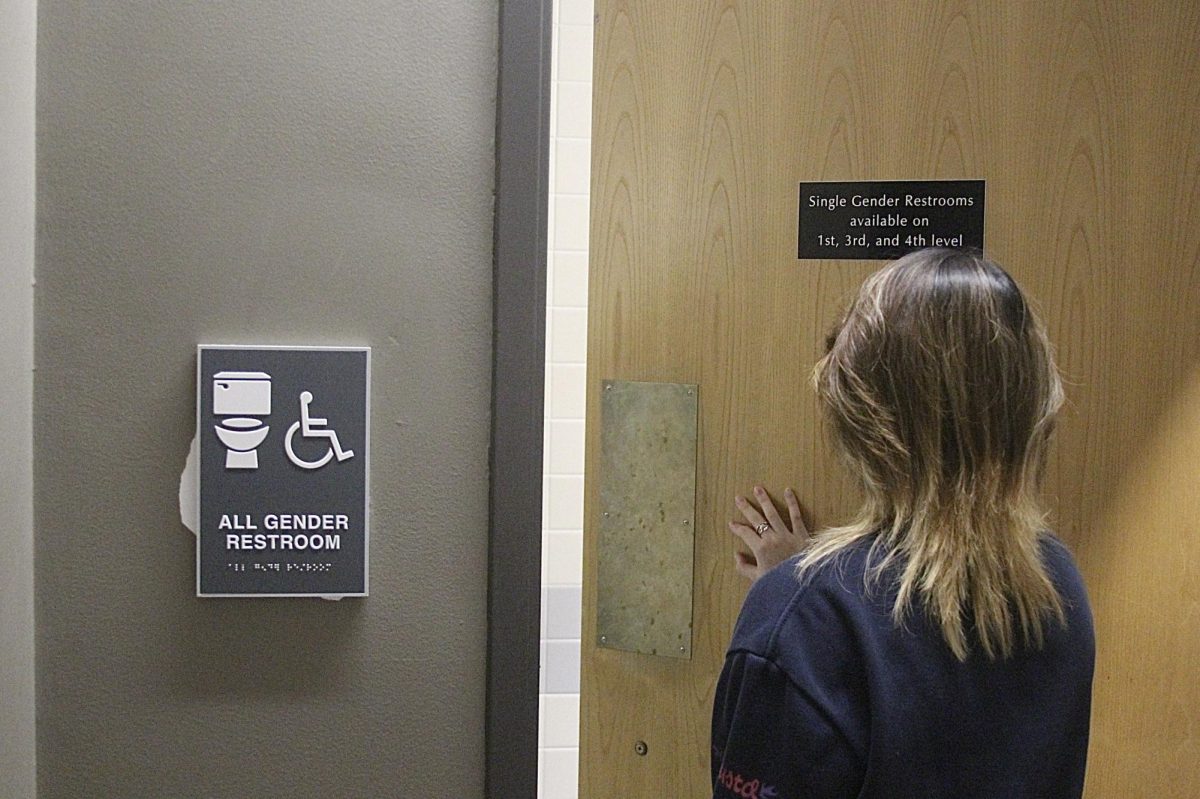‘Quiet Quitting’ is a threat to Augie students
October 8, 2022
As the philosophy of quiet quitting is on the rise in the post-pandemic workforce, it is clear that it is harmful to college students in regards to academics, life post-graduation and mental health.
Many students enter college intending to do well academically and later go into their dream job. Quiet quitting opposes what most college students hope to achieve, as this philosophy promotes performing the bare minimum and ‘quietly’ giving up.
“Quiet quitting refers to doing the minimum requirements of one’s job and putting in no more time, effort or enthusiasm than absolutely necessary,” said Greg Daugherty, a writer at Investopedia who specializes in finance.
Essentially, it is the absence of passion in what you are doing. When applied to a college student, this translates into students only doing what is required with their coursework and not going above and beyond in classes or on-campus life.
Specifically, this philosophy promotes more effort exerted towards other tasks that are more ‘fun,’ or that fit more in line with one’s social life. It characterizes work as an antagonistic force working against someone being happy or fulfilled.
This is a dangerous aspect of the quiet quitting philosophy for students and their futures, as college is ultimately a place to prepare students for entry into their chosen profession. So, a lack of focus on studies or career-related activities compromises their happiness, contentment and opportunities in the future.
With this in mind, it is worrying that quiet quitting is prevailing increasingly on college campuses. The Hill notes “A […] survey conducted among 1,000 community, public, and private college students revealed more than one-third put only some or little effort into their schoolwork while one in five reported their school-life balance is unhealthy.”
The philosophy’s prevalence among students is because college students are more likely to fall into a pattern of quiet quitting once on-campus. This is due to this new stage of life offering students greater independence, a less strict environment and an increase in socialization post-pandemic.
These factors create an environment with fewer consequences to cutting out extra work and greater incentives for it, meaning that adopting this philosophy is all the more possible.
Another component on the rise in adopting this philosophy is the focus on school-life balance, with many students choosing to prioritize life over school, placing academics at one of the lowest rungs on their ladder .
While it is important to have a social life and participate in activities outside of classes, academics and trying your best should not be blindsided, and quiet quitting promotes a ‘balance’ that heavily tips in favor of everything outside of academics.
The increase in quiet quitting is dangerous for future fulfillment and career goals, but it also raises questions about mental health on campus, particularly post-pandemic with the shift back into on-campus learning.
Kristy Bleizeffer, a journalist and strategic communications specialist, writes “C’s get degrees has some truth, but it hides the fact that it is more about disengagement and the need for more mental health support services.”
According to her, this idea is more frightening coming out of the pandemic, where students were isolated from intense social interaction. Holistically, she argues “just getting by, whether at work or at school, is never a way to fulfillment or achieving your goals in life”.
Disengaging with academic life and only doing the minimum, indicates a greater issue at hand and is a hindrance to what a student may hope to achieve in the future. It has a dangerous focus on the present and instead of solving an issue, only avoids directly addressing it.
With this, it is clear that quiet quitting is harmful to college students in academics, life post-graduation and mental health. With its single-minded focus on the present and ‘easy-way-out’ mentality, it is an imminent threat to their futures.

































































































